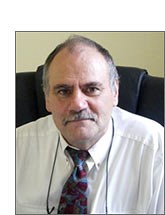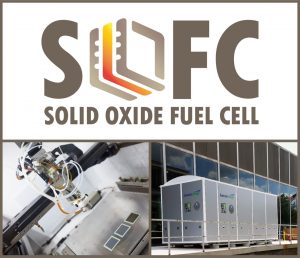
Image courtesy: U.S. Department of Energy, National Energy Technology Lab (NETL), and FuelCell Energy
Call for Papers
The Journal of The Electrochemical Society is publishing a focus issue in connection with the 17th International Symposium on Solid Oxide Fuel Cells (SOFC-XVII) that takes place digitally, July 18-23, 2021. This focus issue centers on research and development of solid oxide fuel cells (SOFCs), solid oxide electrolysis cells (SOECS), and related topics.
This virtual issue focuses on papers presented at SOFC-XVII. Exceptional submissions to the SOFC-XVII Transactions will be invited to submit manuscripts based on Transactions. However, other submissions are welcome.




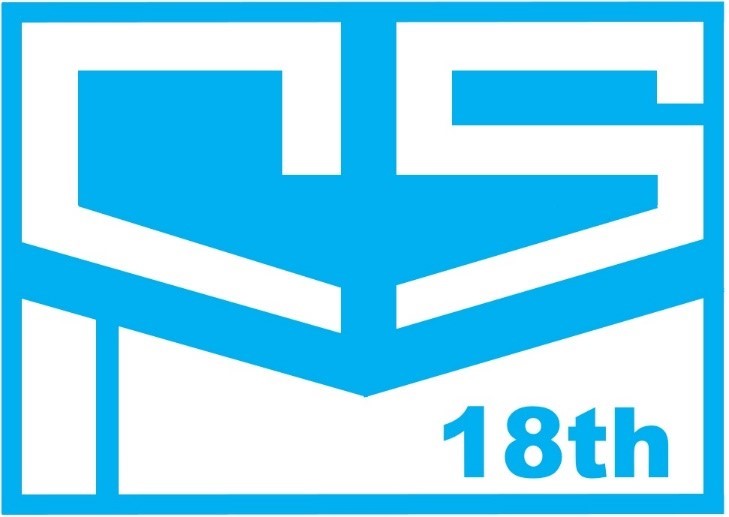
 IMLB 2020
IMLB 2020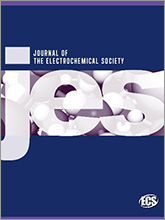 Call for Papers
Call for Papers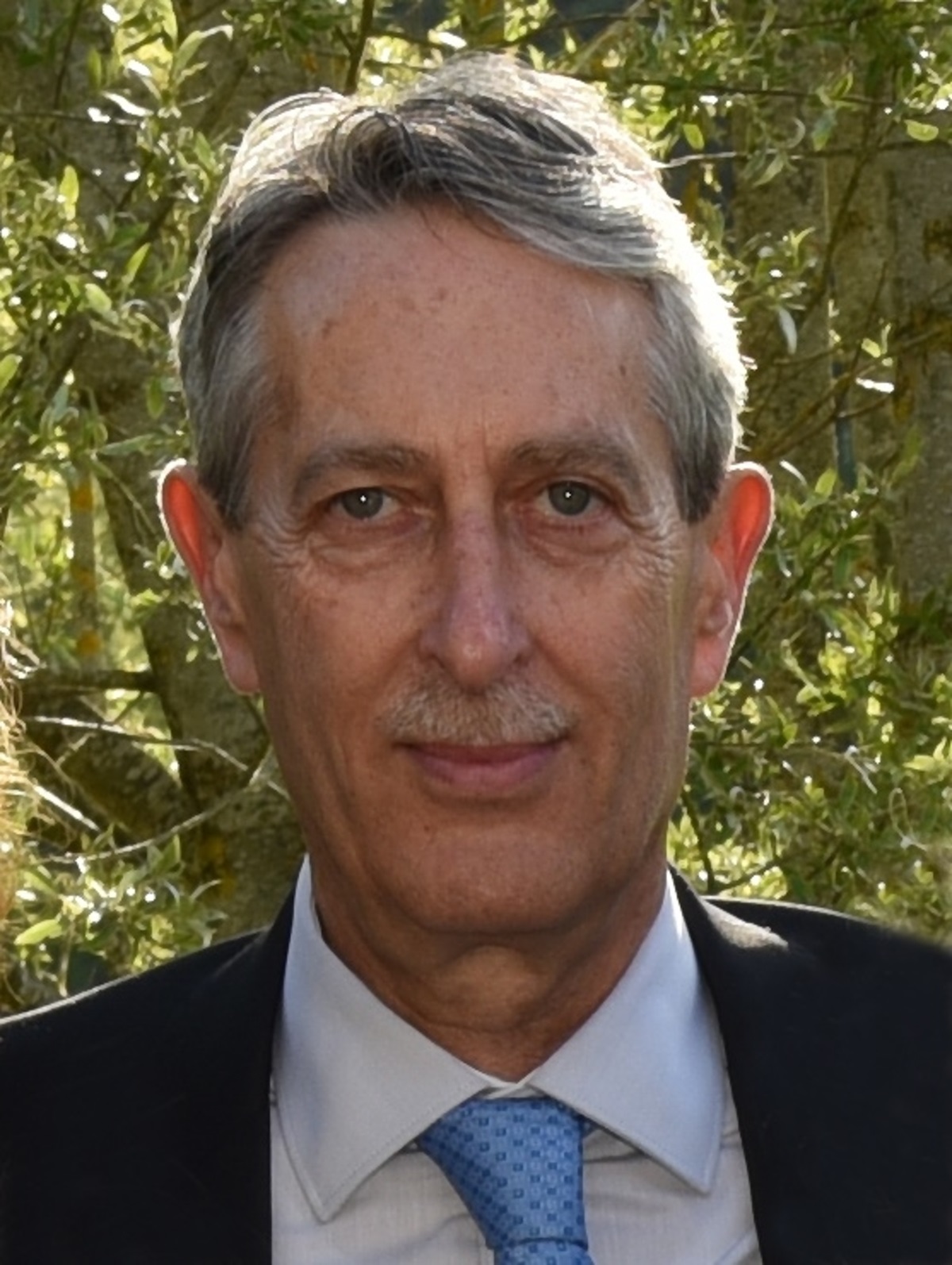 Call for Papers
Call for Papers
